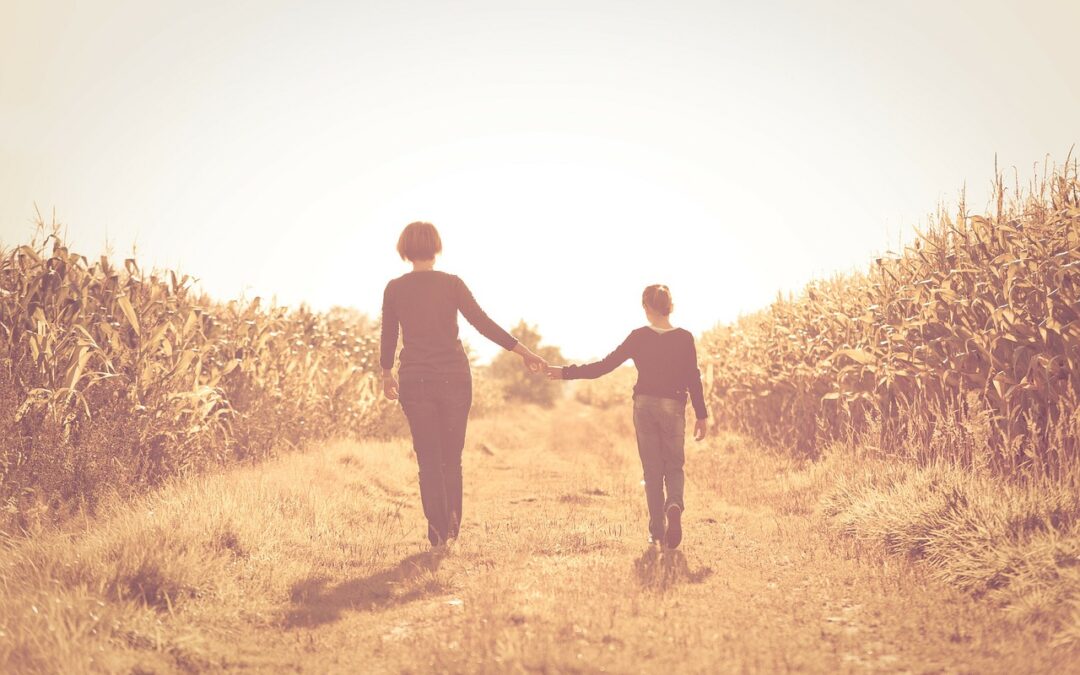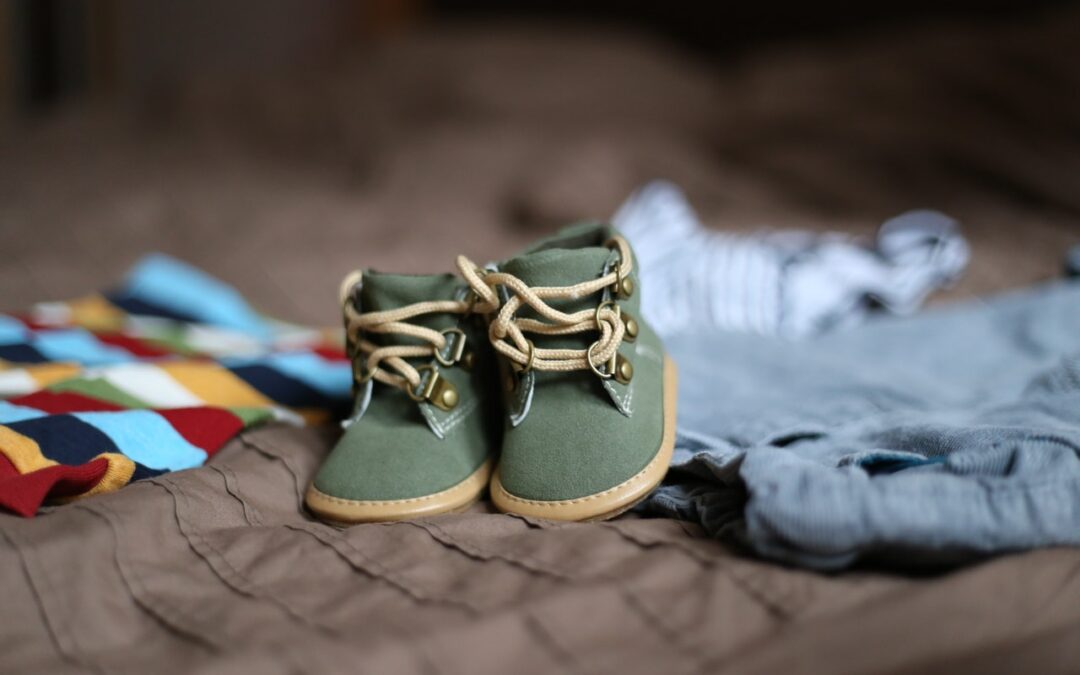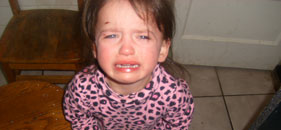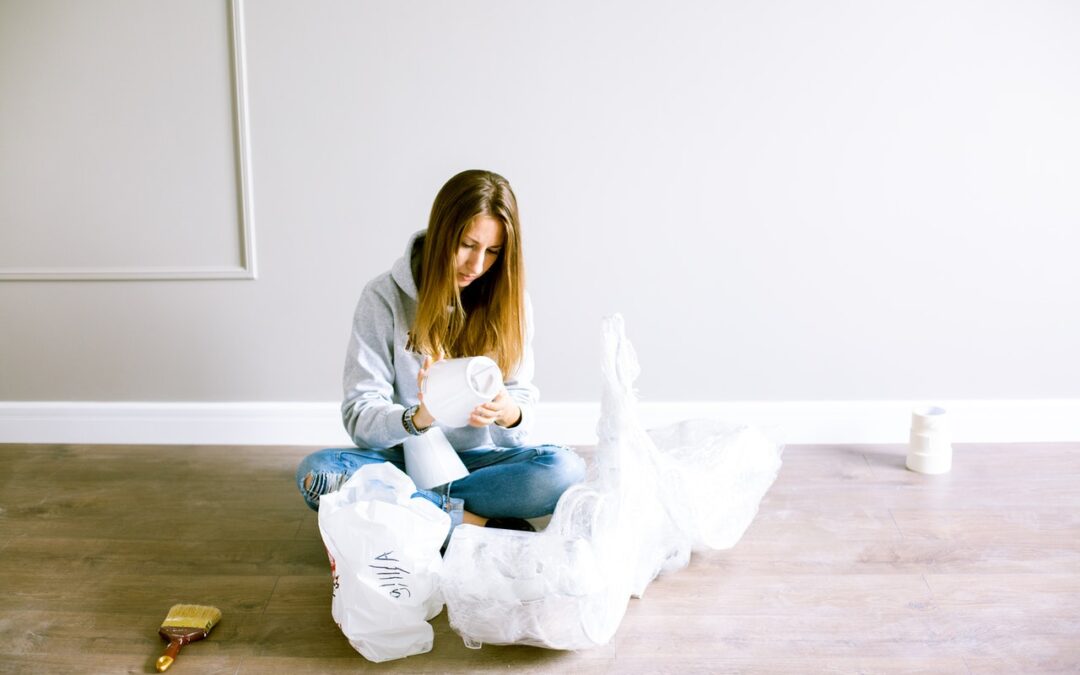From the moment we found out you were coming into our lives, we felt electric: a mix of excitement, adrenaline, and a dose of fear for good measure. We dutifully began plotting the course of our lives together – starting with milestones like Kindergarten, puberty, graduation, career, wedding, and grandchildren. Then we began making our maps more detailed with our hopes and dreams for you. We prepared as well as we could for your arrival.
On the day you came into our lives, we held out our loving arms and said softly, “Welcome. We’ve been waiting for you.”
We stared into the vast universe reflected deep within your eyes with awe and wonder. You were a part of us; an extension of our very being. As you stared back into our eyes, a feeling of intense love for you took root in every cell of our body. This was true, unconditional love with no boundaries and no end.
Our lives were more meaningful with you in it. You gave us a greater sense of purpose and a profound sense of responsibility. Your life was ours to protect; ours to mold and guide. We needed to teach you all that we knew; try to help you avoid making the same mistakes we had made and afford you every opportunity to make your unique mark on this world. We wanted to make sure your life would become better than our own.
In return, all we asked from you was your continued unconditional love, because it felt wonderful. Better than anything else in this life of ours.
We did the best we could as parents, but weren’t perfect. There were plenty of mistakes intermixed with successes. We got off course of our map here and there and had to identify some new routes, but the destination was always the same: we would take care of you until one day you would take care of us.
At that point we would say goodbye and leave you to be on your own. By then you would have a family and be following your own map. We’d leave happy in the knowledge that we made the world a better place by bringing you into it.
But then the impossible happened. You died before we did.
On the day you died, our hearts shattered into a million pieces, as did the world around us. We were left in a dark, unfamiliar place where pain filled every cell of our body where your love once lived.
The air around us was now hard to breathe. Gravity was stronger than before, and the simple act of sitting or standing used up all of our strength and energy. Our map had disintegrated and we were hopelessly, utterly lost in the darkness of horror and misery.
Amid the darkness, familiar hands grabbed ours. Voices of family and friends guided us as we fumbled about in this strange new world, not knowing what to do. These family and friends all gathered around us to ceremoniously say goodbye to you.
And yet we couldn’t. The words never made it to our mouths. We were sure this was all a mistake – a nightmare that we would wake up from and find you standing over us smiling and laughing. We cried out for you, but got no answer in return.
As our family and friends left us to be on our own without you, the familiar world we once knew began to reappear around us.
And yet it was very different than before. We could interact with it, but we couldn’t touch this world because we were trapped in a bubble of despair. Most people couldn’t see our bubble. To them, it looked as if we were the same person we were before you died – maybe sadder, but basically the same. They expected us to quickly go back to our old routines and be our “old selves”. But they couldn’t see our bubble, and that we had fundamentally changed.
Inside that bubble, everything felt overwhelming. Our reactions to common sights and sounds were different than before. Laughter and joy made us angry and sick to our stomach. We were filled with resentment that the world itself hadn’t ceased to exist when you died.
Happiness was now out of reach, and we felt as though we’d never get it back. Some of us didn’t want it back if you weren’t there to share it with us. Even when we were surrounded by people outside our bubble, we felt hopelessly alone and misunderstood.
We became excellent actors worthy of an Oscar. We learned to pretend we were better and back to “normal” for the benefit of those around us. “Fine” is how we mostly answered the question of, “How are you?” We looked desperately around us for people who actually wanted to hear the truth. We were not fine.
When you left us, you took a part of us, and the void it left still ached with a pain so unbearable, we couldn’t find adequate words to describe it.
A few people could see our bubbles; most of them lived in bubbles themselves. Unlike the majority of people in the world around us, these people had the ability to reach inside our bubble and embrace us with understanding. We didn’t have to pretend to be okay around them. We could break down and cry as loud and long as we needed to without worrying about making them uncomfortable. We found a sense of community that we had lost when you died.
But none of this made the pain go away.
Over time, small cracks began to develop in our bubbles. These cracks let more light into our dim world. The air that came inside was easier to breathe. The gravity lightened a bit.
It still hurt to be alive in a world without you, but we began to learn how to adjust to it so that it wasn’t as debilitating as before.
Many of us learned to pry open the cracks in our bubbles a bit more to let in even more light and air. This changed the chemistry of the atmosphere inside our bubble from that of despair to a mix of memories and longing for you. We learned how to feel happiness and joy once again, even though it never made the pain deep within us subside. We began to learn how to better function in the world around us while still in the confines of our bubbles.
Our bubbles never fully go away. They change over time and may shrink considerably, but the pain will never leave us. This is because the pain was created by – and coexists with – your love that took root in every cell of our body when we stared into your eyes that very first time. And sometimes, we can momentarily release the feeling of pain by focusing our attention on you and the love you gave us that still lives in our bodies. You remain with us and a part of us.
The fact is we would have died for you. We would have gladly given up our own lives in a heartbeat if it meant you could have continued living. But no one has ever learned how to go back in time to make that sacrifice.
So we are left to live and breathe in a world without you. We have to create a new map that takes us into uncharted territory. We do this in your honor, and in honor of our family and friends that remain by our side.
We will continue down this new path until we take our own last breaths. And when we leave this world and head into the unknown, we hope to see you there with open, loving arms and hear you say softly, “Welcome. I’ve been waiting for you.”
©Maria Kubitz 2014






 This website was inspired by the memory of Margareta Sol Kubitz in hopes of helping others work through the pain of grief.
This website was inspired by the memory of Margareta Sol Kubitz in hopes of helping others work through the pain of grief.